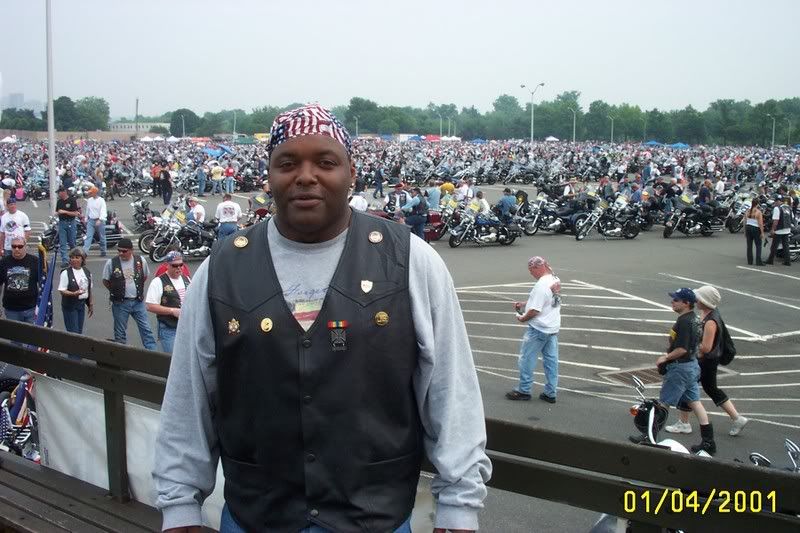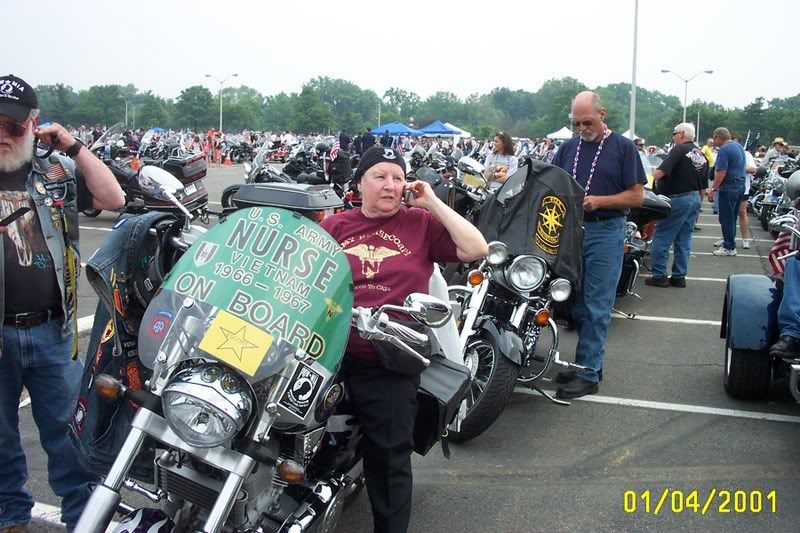Guest Editorial - G.O.M.E.R. (The Real Acronym)
ACEP News May 2007
By Peter J. Paganussi, MD
I recently had the pleasure of taking care of an elderly gentleman from a local assisted living facility. He suffered from dementia and was brought in with a fever and mental status changes. Not surprisingly, he had both pneumonia and a UTI contributing to his picture of sepsis. He was not able to answer questions intelligently and was somewhat hypotensive.
His wife came with him, and she provided his history for me. This delightful lady had on what one would call her "Sunday-go-to-meetin' clothes," despite the fact that it was a Tuesday morning. Her outfit was accented by a single strand of small pearls, which she would occasionally reach for in an absentminded fashion when deep in thought. She was right out of central casting for the part of a retired World War II officer's wife.
It turns out real life is so much better than Hollywood.
She gave me her husband's history, complete with recent medication changes, drug allergies, prior surgeries, and hospitalizations, but in the end, I got so much more.
I asked her what her husband did for a living. She smiled a soft smile, her shoulders squared as she drew herself up in her chair. "He was a Marine," she answered proudly as she handled her pearls. He was deep into his 80s, so I asked if he was a combat veteran, more specifically a World War II combat veteran.
"Oh yes," she said, touching her pearls. "He was on Tarawa ... awful place, he said. Only three of them left from his platoon of 32. Then Okinawa ... he lost some hearing there because of an explosion. After World War II, he fought in Korea ... at Inchon. He was very proud of that ... they took the beach and blew up a lot of enemy tanks. He said they really gave them heck!" She told me all this while stroking his leg.
"I know this would embarrass him, but would you like to see a picture of what he really looks like?" she asked. It was as if this person lying before us was a stranger who had taken over her husband's body--a body that had fought, and somehow survived, some of the bloodiest conflagrations of the last century. I told her I would love to see it, so she reached into her purse and pulled out an old black-and-white photo circa the 1950s. The photo was of a proud Marine, upright and clearly battle-hardened. He was very distinguished looking and, I'm sure, quite formidable in his day.
Yet here he was fighting again - only this was an enemy he couldn't see. He wasn't on some foreign beachhead; rather he was lying before me on a stretcher in my emergency department, only miles from his home. A ruthless enemy was multiplying its forces exponentially deep inside him and exhausting his supply lines. It was an enemy he was not trained to repel.
"Doctor," she said, smoothing the blanket over her husband, "you must try to fix him--he is all I have left in this world." She made me feel as if I now was the one who must take up arms and fight. I must fight to save her husband. It was my calling and my duty as a physician, yes; but more important, it was my duty as a younger American who benefits from the freedoms that he had fought so dearly to protect.
I held her hand and told her I would do all that I could for him. I told her it was an honor to take care of a real hero. She scoffed, waved her hand, and said, "He would tell you he was just a soldier--a Marine, not a hero. The heroes are all gone already. He always says that."
About an hour later, the resident team from internal medicine came down to admit my Marine. I heard the intern and resident discussing his case. The intern said, "Man, another gomer on my service. They are all the same. I never get any really good cases." I looked up and first asked the intern if he knew what "gomer" meant. He stared at me with a "duh" look on his face and stammered, "Ah, it means ... you know ... a 'gome' ... gomertose. A very sick old person, who can't talk, with lots of chronic medical problems, from a nursing home." He seemed content with this response. He smiled proudly, yet with just enough of a goofy look to convey that he really didn't have a clue.
I explained to him that "G.O.M.E.R." was actually an acronym. It really meant "Get Out of My Emergency Room," straight from Dr. Samuel Shem's novel "The House of God." Over the years, its exact meaning has been lost or twisted, but its connotation remains the same.
I thought this was truly an excellent teaching opportunity for me--I have always despised this term. No term I've learned in medicine is more pejorative or demeaning than "gomer."
I told the young intern that "gomer" meant something different to me; it meant "Grand Old Member of my Emergency Room." It was my acronym and silent tribute to these people who actually had a life once upon a time.
I told him that he needed to read Tom Brokaw's book "The Greatest Generation." I also told him that he should go back and take a more careful and complete history. I explained to him what he would find if he took a more complete "social" history on this particular patient.
We talked a bit about these truly great Americans and how they are now vanishing, like late summer fireflies, before our very eyes. Who else did he think he was going to take care of? Did he think only the young with interesting and rare disorders will flood his office someday? This man needed our help. He deserved it, and most important, he had more than earned it.
These great people weathered a depression, a terrible war that engulfed the planet, a "cold" war that threatened each day to end the modern world, economic recessions, and recovery. Yet they came out of all of this with an indomitable spirit. We can, and should, learn much from them. We just need to take the time. The time is now, because they are fading before us.
They love to talk about their lives, and rarely do we take the time to actually ask. They are living history, these little white tufts of hair that roll past us into our treatment rooms. They say things like, "You're the doctor--whatever you say." When was the last time a latte-swilling, BMW-driving, Generation X-er said something like that to you?
The young intern and I discussed all this. I believe I made my point.
Living and working in suburban Washington, D.C., I often take care of retired military and government employees who led fascinating lives. Many of them were direct participants in history; some rubbed elbows with it as it came past them. I told the young intern that in the past few weeks I had taken care of an 89-year-old former Army Air Corps bombardier who had flown in the same squadron as the Memphis Belle, an 83-year-old Ph.D. in physics who worked with Richard Feynman and Robert Oppenheimer, an 86-year-old woman who was one of the original WACs during World War II, a former Tuskegee airman, and the list goes on.
All I did was ask and care. That's all they really want. They can give so much more in return, if you just take the time.
So I leave you with the strains of Benny Goodman's "Moonglow" playing softly in the background. Betty Grable is showing off her famous "gams," and Joe DiMaggio has just hit safely in number 56. Frankly my dear, Rhett Butler may not give a damn, but I do. They are gomers: They are Grand Old Members of our Emergency Rooms; and don't you forget it, pilgrim!
And my Marine "gomer"? He improved dramatically with fluids and antibiotics, and got to go home to his sweetheart ... again.
DR. PAGANUSSI is editor of Virginia ACEP's EPIC and one of many talented writers who have joined the ACEP Section of Medical Humanities.






































